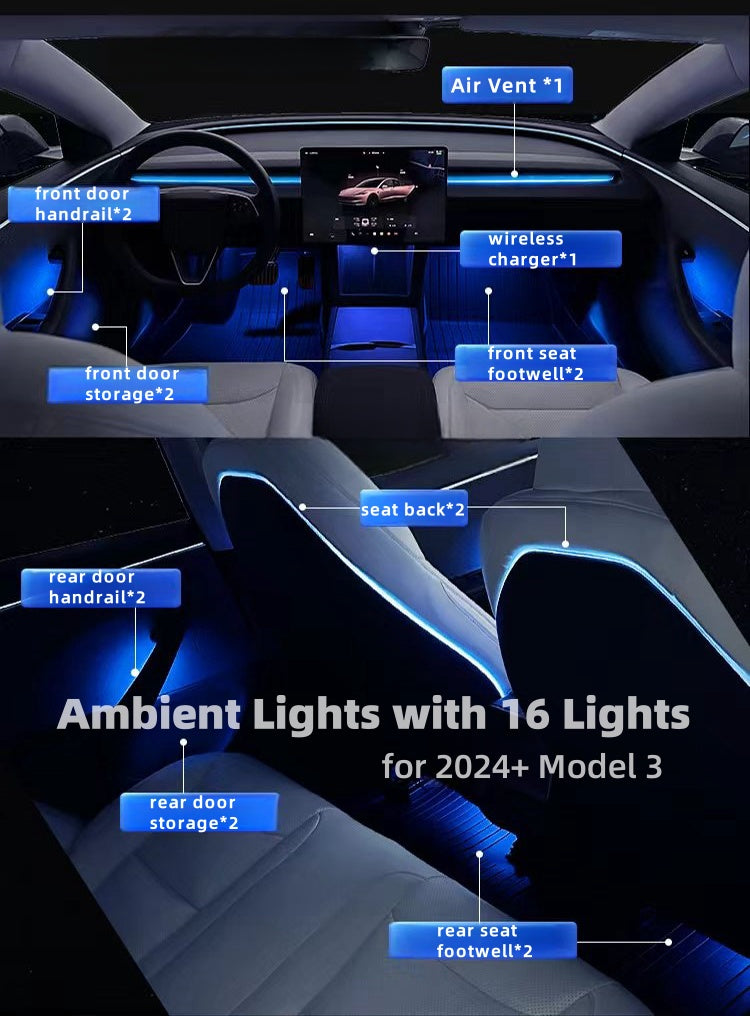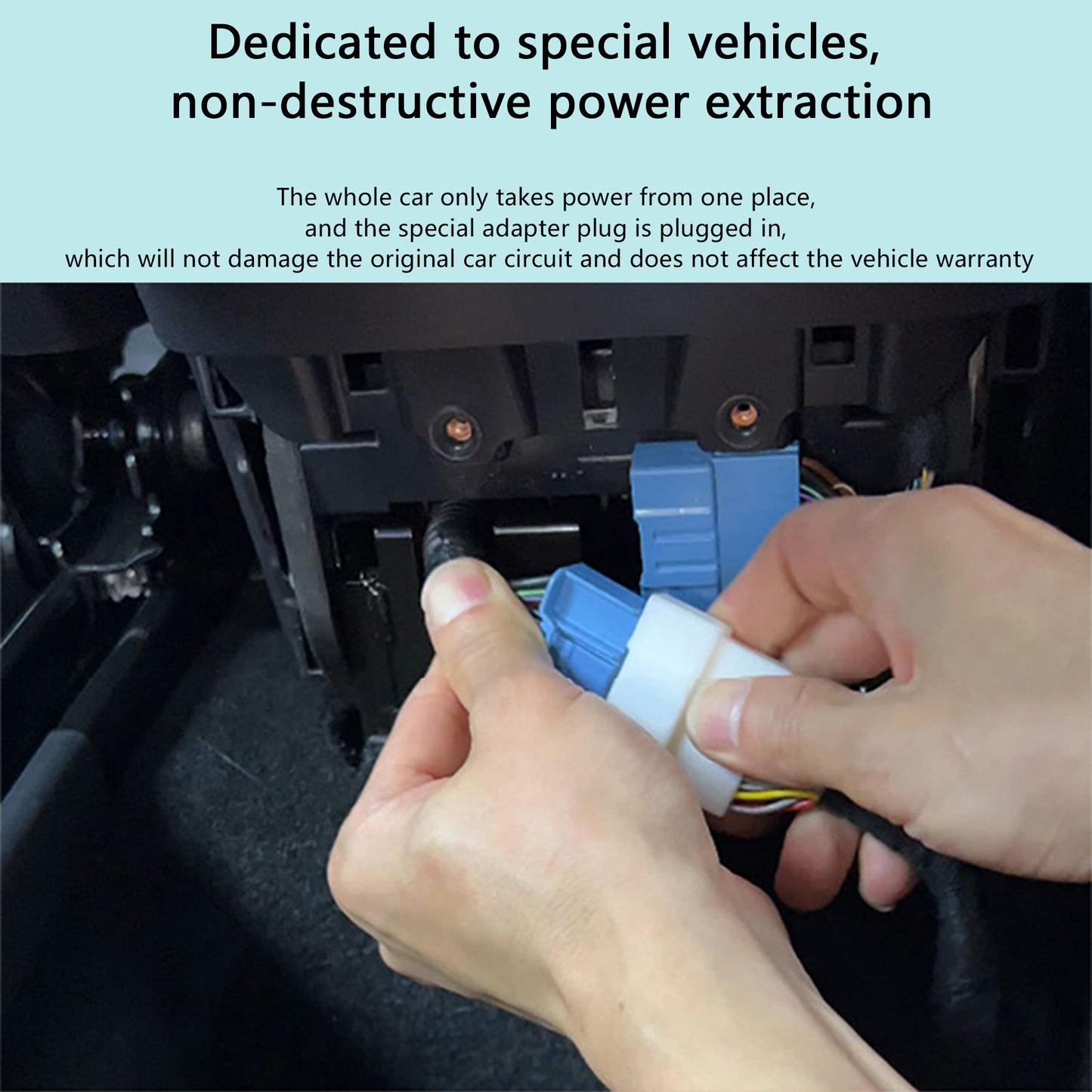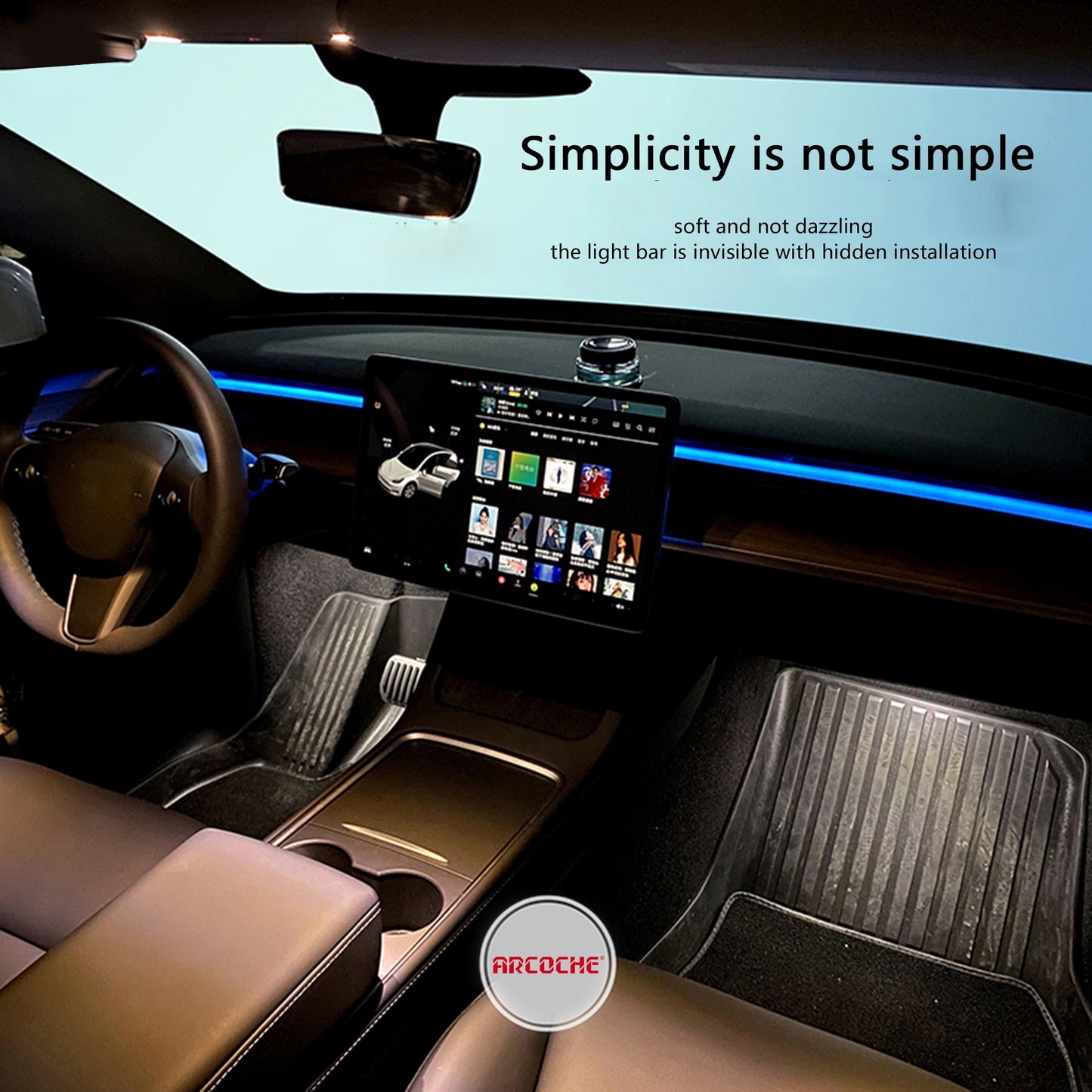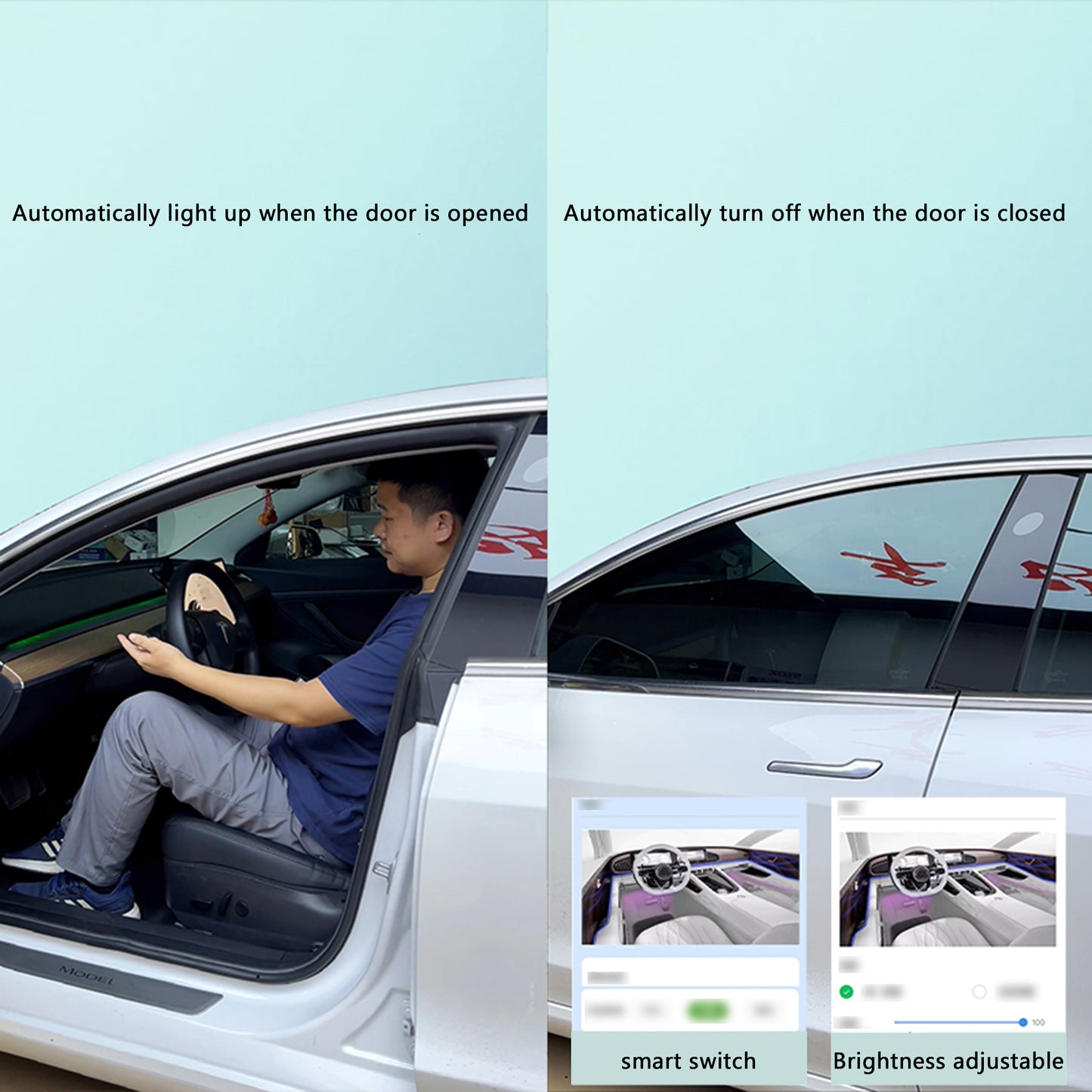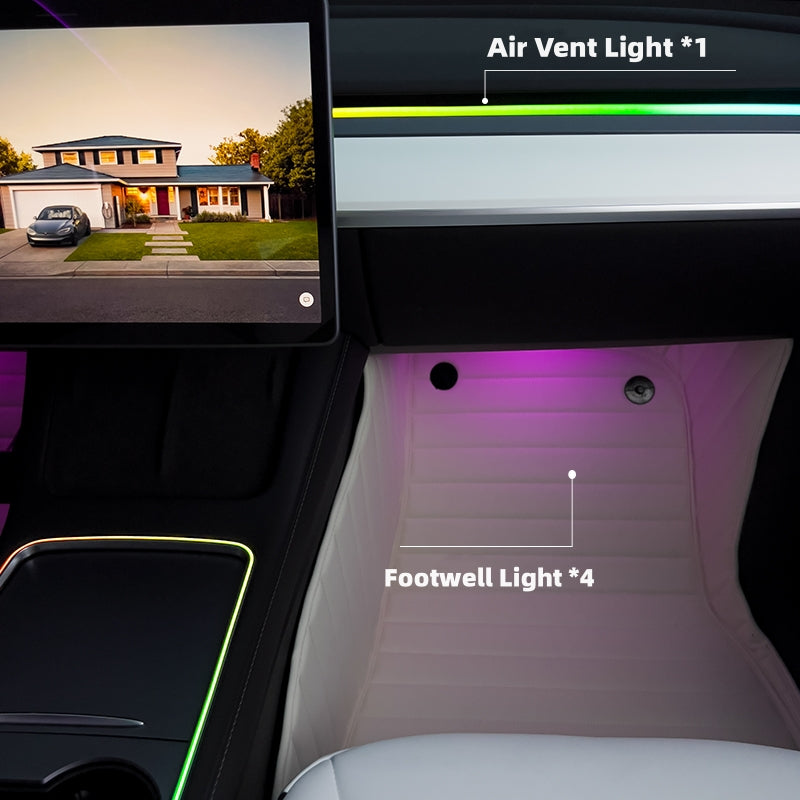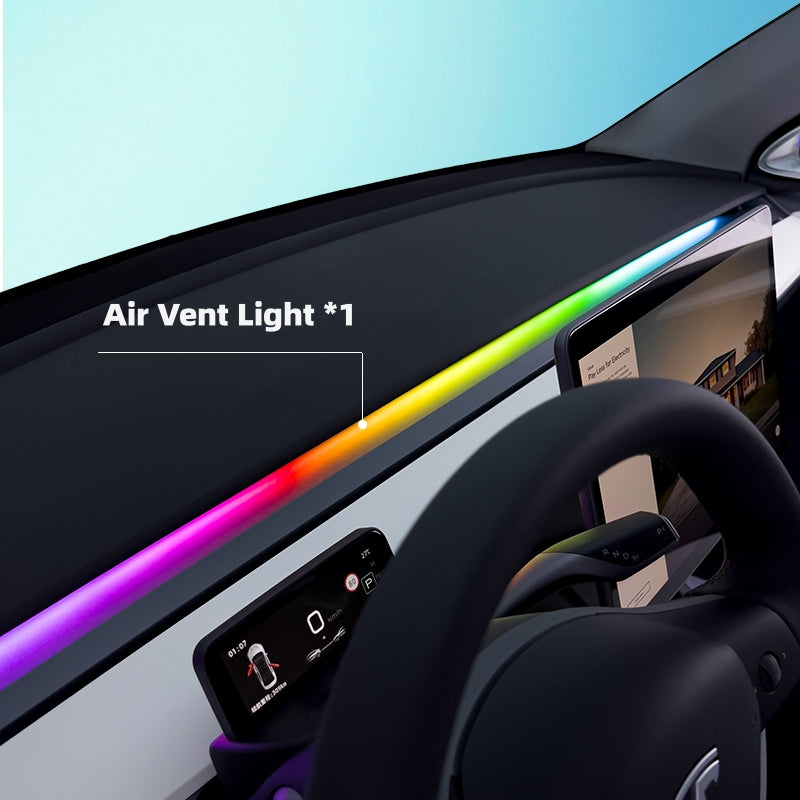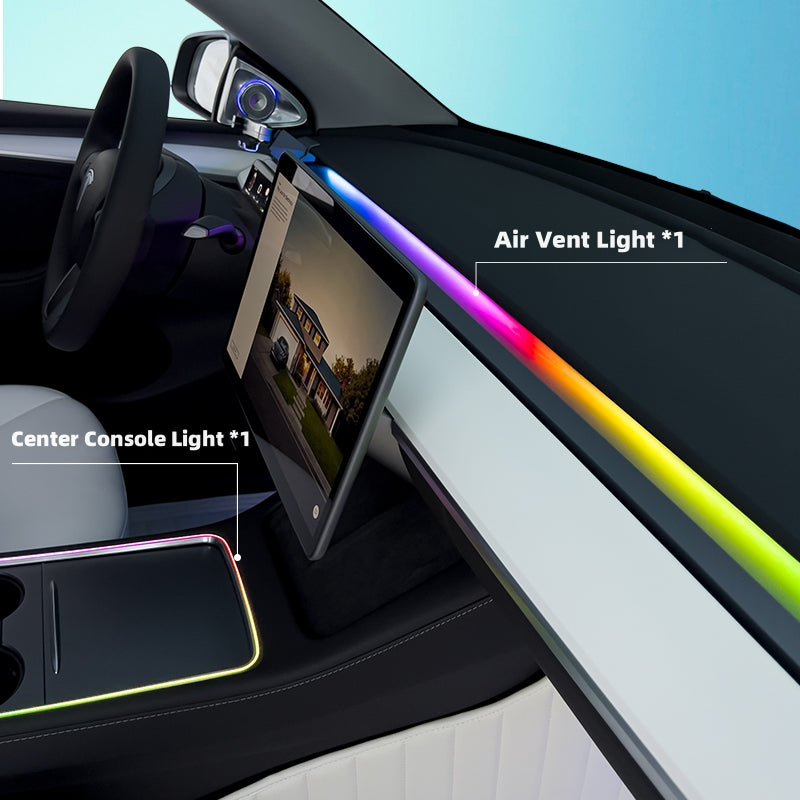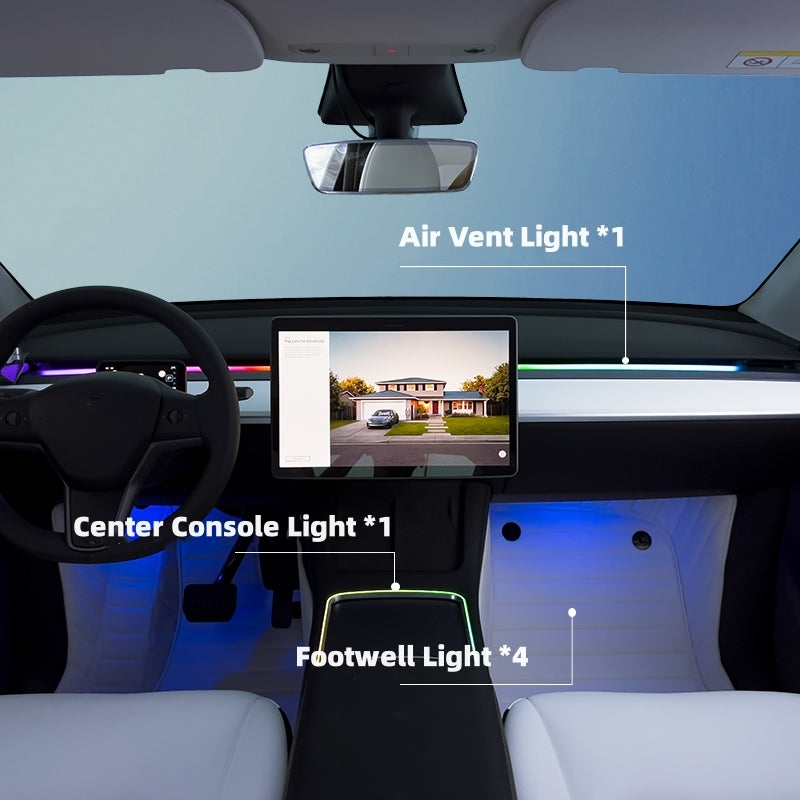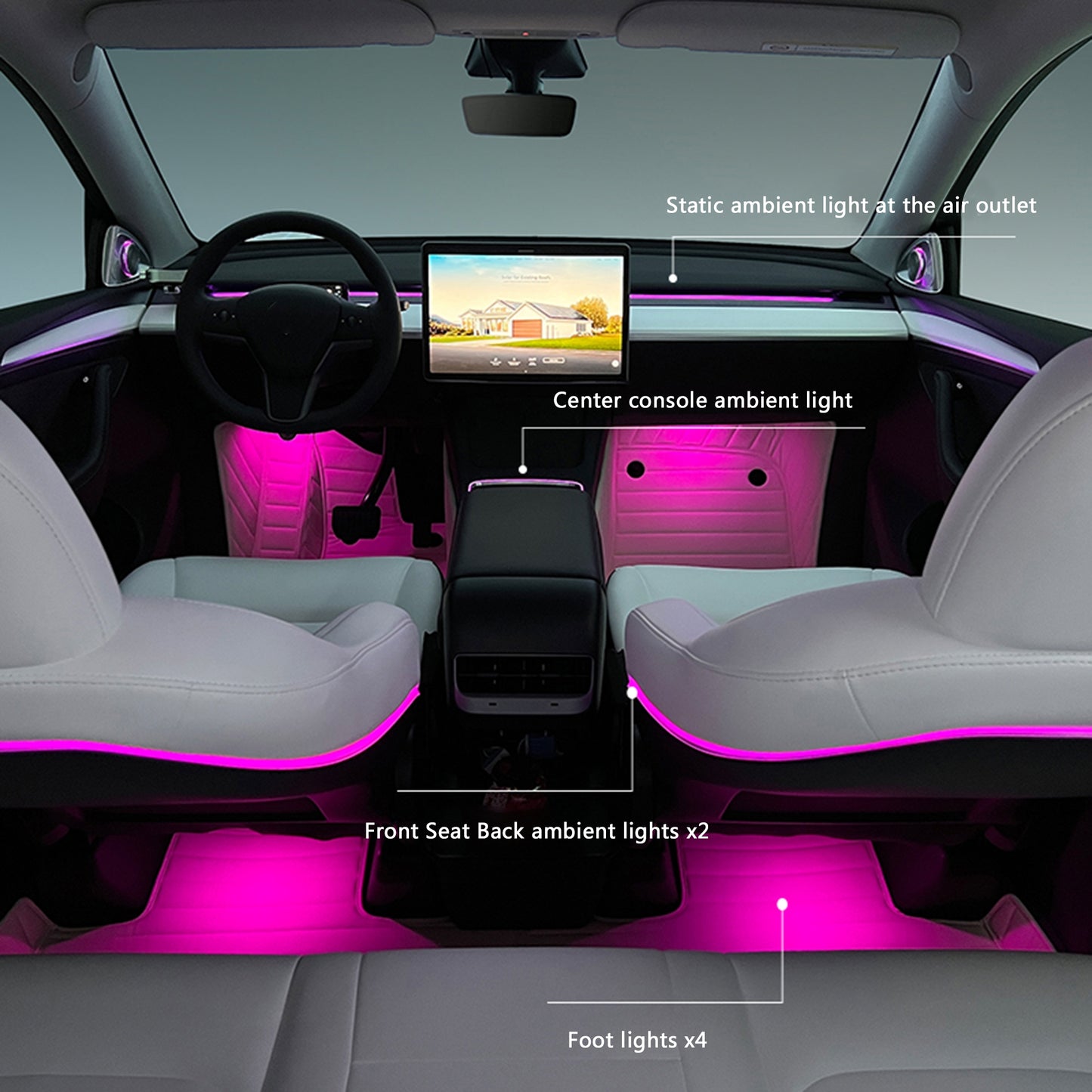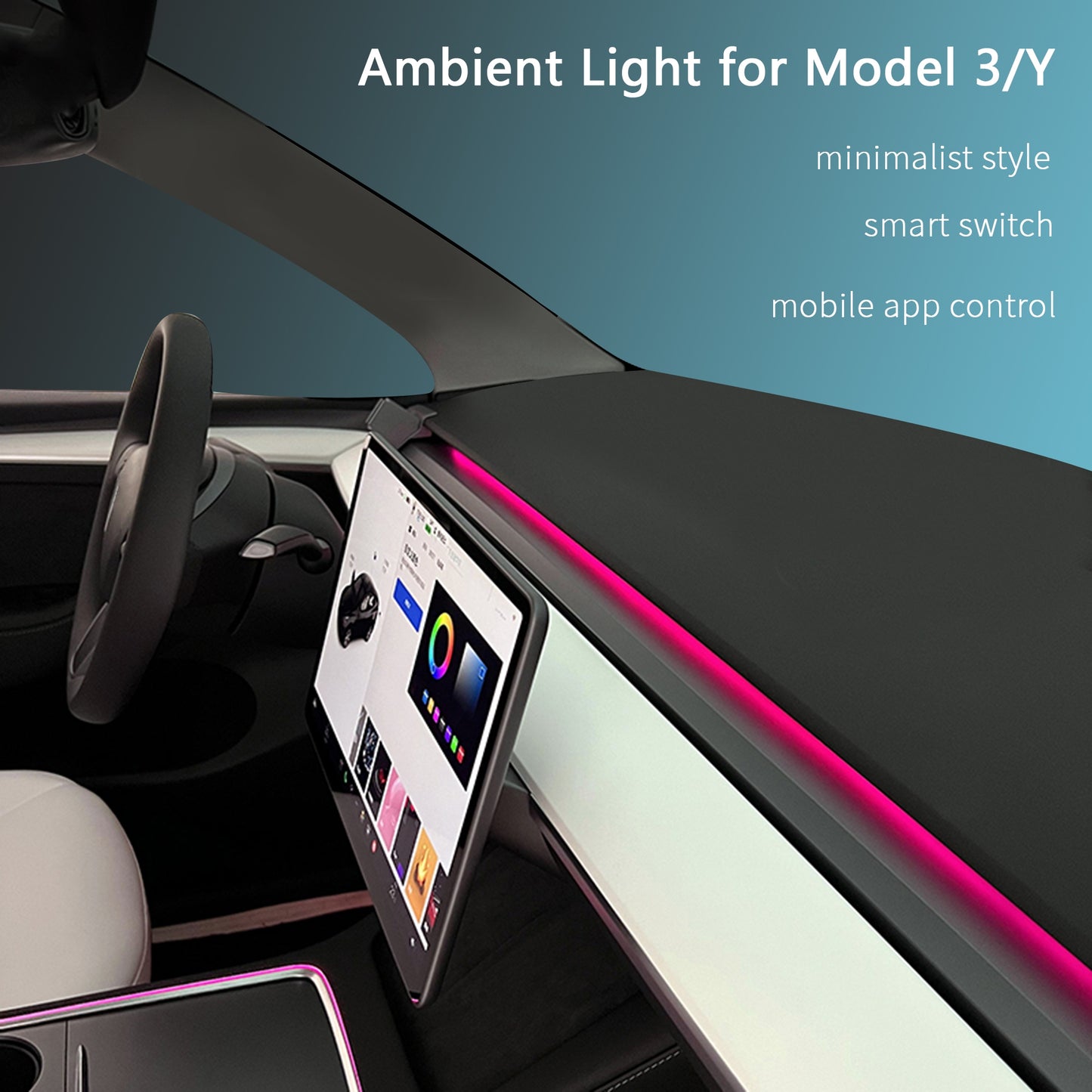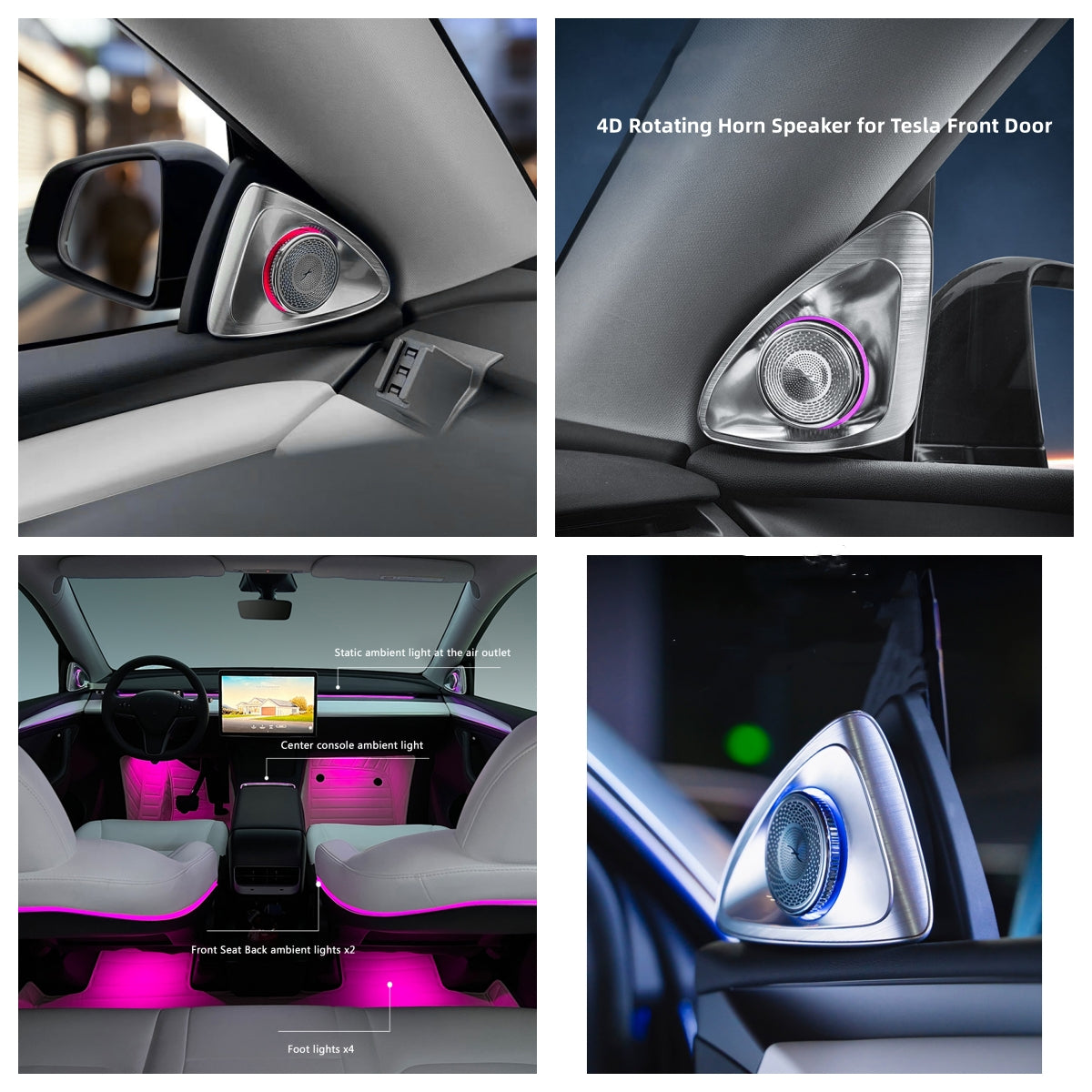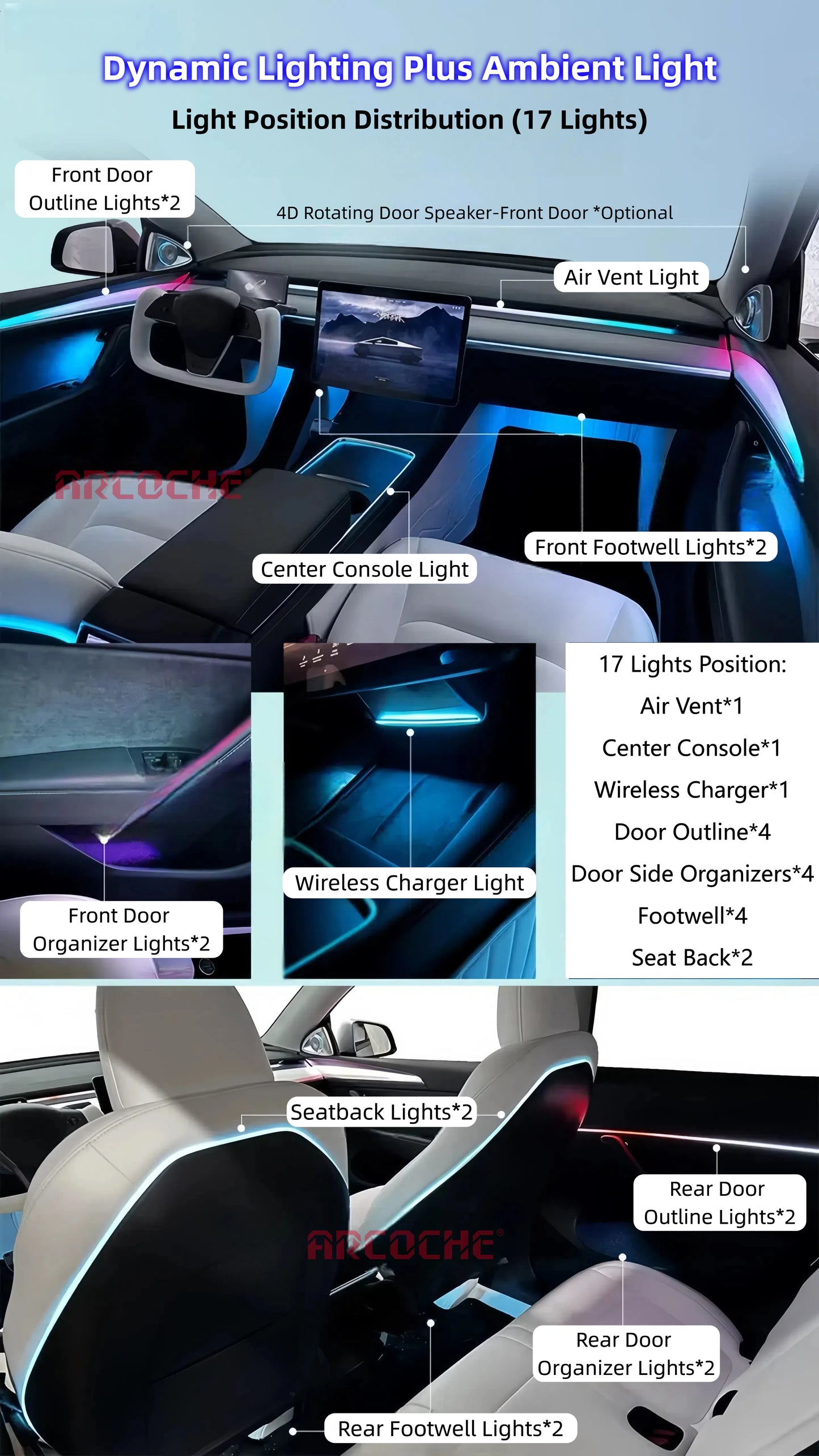
How Much Does It Cost to Charge an EV at Home?
Your complete guide to charging an electric car at home in 2025.
Understanding how electric vehicles (EVs) charge can initially seem overwhelming. Different models charge at varying speeds, and the capabilities of charging stations also differ significantly, not to mention the price variations.
As we approach 2025, the EV market is becoming increasingly sophisticated, yet there remains much to learn. Fortunately, once you familiarize yourself with EV charging, you'll likely wonder why you didn't make the switch sooner. Say goodbye to the smell of gasoline and the hassle of spills—plus, you can wake up to a fully charged battery every morning at a fraction of the cost by charging at home.
It's important to emphasize that electric cars can be significantly cheaper to operate compared to their petrol or diesel counterparts. Some EVs can charge remarkably quickly, reaching 80% capacity in under 20 minutes when connected to a high-powered charger.
Although charging at home may take longer, the overall costs are considerably lower.
Another key benefit of EVs to remember is, if you plug your electric car in each night, the battery will be full every morning – and you can even set the car to warm or cool its interior, so that it’s at just the right temperature when you get in.
Are EVs slow to charge?
This depends on the charging method used for the electric vehicle (EV) and its maximum charging capacity. If you connect a fast-charging EV, such as the latest Porsche Taycan, to the fastest public charger available, it can charge its battery at a rate of up to 320 kW. This allows for a quick recharge from 10 to 80 percent in as little as 18 minutes.
However, if you connect that same car to a 7 kW wallbox charger at home, it will take approximately 12 hours to fully charge. If you're using a less powerful 3.6 kW charger, the charging time extends to about 22 hours. On the other hand, if you opt for a standard three-pin domestic socket, which is compatible with nearly all electric vehicles, the Taycan will require over 30 hours to fully charge its battery. While this method can be useful in emergencies, it is not the most efficient charging solution for most drivers.
Most mid-range electric vehicles have a maximum charging rate between 100 kW and 200 kW. Generally, if you connect to a charger that provides electricity at this rate, the battery can be charged from 20% to 80% in roughly 20 to 40 minutes.
Are EVs expensive to charge?
Public charging stations can often be significantly more expensive than charging at home. The pricing typically ranges from £0.60 to £0.90 per kWh. For instance, if we consider the Volvo EX30, which has a 69 kWh battery, a full charge at a common rate of £0.79 per kWh would amount to £54.50, providing a practical driving range of approximately 200 to 250 miles. This pricing structure makes driving an electric vehicle (EV) more costly than using traditional fossil fuels. However, as the sales of EVs continue to rise, it is expected that increased competition among charging networks will lead to lower prices.
Additionally, some charging networks provide monthly subscription plans that can reduce energy costs. For example, using a rapid charger from Ionity currently costs £0.74 per kWh, but with a monthly fee of £5.49, the rate drops to £0.59 per kWh. If you opt for a £10.50 monthly subscription, the cost per kWh decreases further to £0.43. Similarly, the BP Pulse charging network offers a subscription for £7.85 per month, which lowers the kWh rate by 20%.
More affordable (though slower) alternatives are already available, such as chargers mounted on street-side lamp posts. These chargers can cost as little as £0.40 per kWh, making them a viable option if you have one nearby that you can use overnight. Prices fluctuate throughout the day, with the lowest rates typically occurring between midnight and 7 AM. If you charge the same Volvo EX30 during these off-peak hours, a full charge will only set you back about £28.
Are EVs cheaper to charge at home?

Charging at home can be incredibly economical. In every electric vehicle review by The Independent, you'll find the estimated cost for achieving 100 miles of range when using the E.ON Next Drive tariff, which is currently priced from 6.7p per kWh. For many electric vehicles, this translates to a cost of under £2 for 100 miles of range, and a complete charge typically costs around £5. This is significantly cheaper than refueling with petrol or diesel and much more affordable than using a public charging station. For instance, charging a Volvo EX30 fully with the E.ON Next Drive tariff would only set you back £4.60, which is less than one-tenth the price of using a high-speed public charger.
How much do home EV chargers cost to install?
When considering the installation of a home EV charger, there is a wide variety of models available. Some chargers come with a greater range of features, while others are designed to be more compact. Additionally, certain models may carry a higher price tag due to their upscale, customizable designs. For instance, E.ON Next provides three different models of home chargers.
They all feature a power output of 7.4 kW and are priced between £1,029 and £1,079 for standard installation. However, E.ON Next customers can access lower prices ranging from £979 to £999.
Home charging typically takes longer than public charging. Charging speed is measured in kilowatts (kW), and each vehicle and charger has its own maximum charging rate. For most cars, this maximum rate usually falls between 100 and 300 kW, depending on the model. Public chargers are generally considered rapid if they can deliver 150 kW or more, with some capable of reaching up to 350 kW.
Home charging is generally much slower. Home chargers, often referred to as wallboxes, typically operate at power levels of 3.6, 7, or 11 kW, depending on the charger's specifications and your home's electrical system. If your home has three-phase wiring, a 22 kW charger could be an option, but this setup is quite uncommon in the UK.
For instance, with a Tesla Model 3, charging from nearly empty to 100% takes about 15 to 20 hours with a 3.6 kW home charger, or around 8 to 12 hours with a 7 kW charger. While this may seem slow, it's important to note that you probably won't come home with a completely depleted battery every day. One of the advantages of driving an electric vehicle is that regular overnight charging at home, using inexpensive electricity rates, ensures your car is always ready to go with a full battery when you need it, and at a much lower cost.
Can I charge an EV with solar panels?
Yes, solar panels generate energy for your home, powering everything that's plugged in, including an electric vehicle (EV). While they may not charge your car very quickly, you can definitely use them along with a wallbox charger to recharge your EV's battery.
---The article is excerpted from The Independent.
🎄Make your Christmas shopping even merrier! 🎅 Enter code XMAS at checkout to unlock your exclusive discount! 🎁
https://arcoche.com/collections/for-new-model-3-highland
https://arcoche.com/collections/tesla-model-y-aftermarket-accessories
https://arcoche.com/collections/for-cybertruck
(if any problems, pls do not hesitate to contact us via "arcochehsop@gmail.com")



